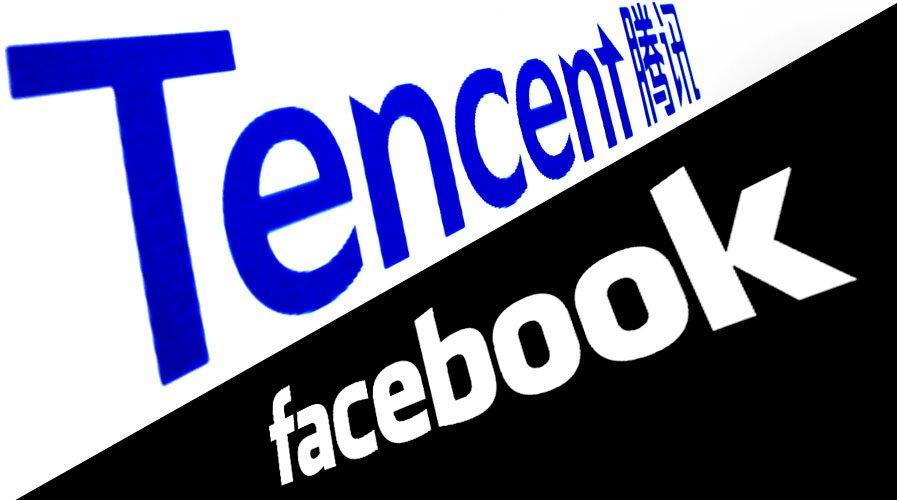Oct 25, 2019
by Ibiam Wayas
Tencent Says Facebook Libra Poses Threats for Digital Payment Systems
.
Disclaimer: The views and opinions expressed in this article are for informational purposes only and do not constitute financial, investment, or other advice. Investing in or trading crypto assets comes with a risk of financial loss.
Ibiam Wayas is an optimistic crypto news reporter who also enjoys tech writing. He is an introvert who spends much of his time on the internet studying facts that will help him excel in the digital/cryptocurrency space.
